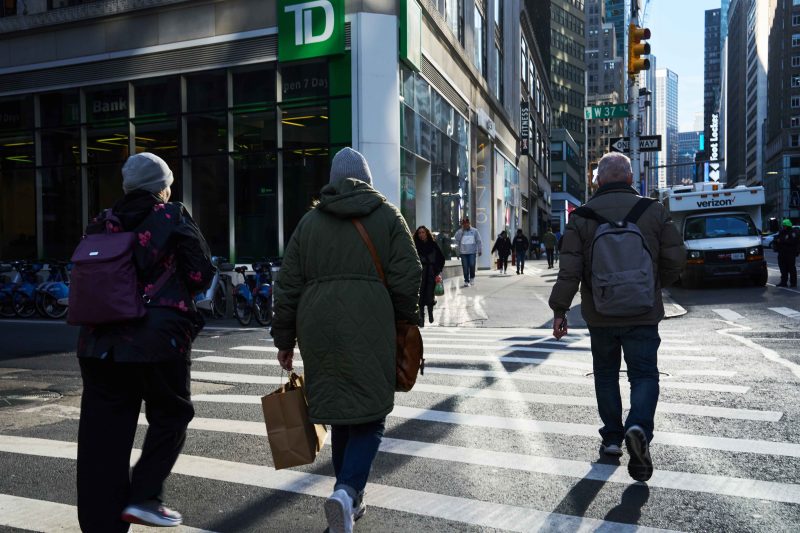
Prices for consumers are growing at a slower pace, the U.S. government reported Tuesday morning, as overall prices in October were the same as what consumers paid in September.
The Bureau of Labor Statistics says prices in October were unchanged as gasoline prices declined and shelter costs continued to rise. Its Consumer Price Index rose 3.2% compared to a year ago, the latest sign that inflation is slowing down as interest rates rise and the job market gives up some of the strength it has shown in the last few years.
The CPI results were about equal to what experts had expected. Economists surveyed by Dow Jones Newswires and The Wall Street Journal had projected an 0.1% increase in prices compared to September, and 3.2% from October 2022.
Core prices, which exclude food and energy prices because they can be highly volatile, rose 4% compared to October 2022. The BLS said that was the slowest pace of growth it has recorded since September 2021.
The BLS said that compared to a year ago, food prices climbed 3.3% and shelter costs rose 6.7%. The price of used cars and trucks fell 7.1%, continuing a long decline after those prices had spiked in the early stages of the pandemic.
Gasoline prices were down 5.3% from a year ago, which contributed to an overall drop in energy costs.
‘The usual trouble spots — shelter, motor vehicle insurance, and personal care — still remain,’ wrote Greg McBride, chief financial analyst for Bankrate. ‘Shelter has accounted for 70% of the increase in core prices over the past year and offset the 5% decline in gasoline prices during October.”
While more apartments are being built, McBride says that’s not showing up in rents right now.
The report will be a major factor in the Federal Reserve’s next decision on interest rates in December. Stocks rose Tuesday morning, as investors concluded that the report makes it more likely that the Fed is done raising interest rates for the time being.
At 9:46 a.m. ET, the benchmark S&P 500 index rose 1.6% and the tech stock-heavy Nasdaq composite rose 2.1%.
Higher interest rates tend to slow down the economy and cut into profits for most businesses, so relatively lower rates are seen as better for stocks. Higher rates on bonds are a more appealing investment relative to stocks because their payments increase when rates do.
The central U.S. bank will meet for the final time this year Dec. 12 and 13. It left rates alone in September and October after a series of steep increases throughout 2022 and early this year.
Officials including Fed Chair Jerome Powell have suggested that the central bank is comfortable with the progress it has made in reducing inflation so far. U.S. inflation peaked at 9.1% annually in June 2022, so it has slowed significantly even though it remains well above the 2% rate the Fed says it wants to achieve.
In September, overall prices rose 0.2% from August, and CPI was up 3.7% over the previous 12 months.


Comments are closed.